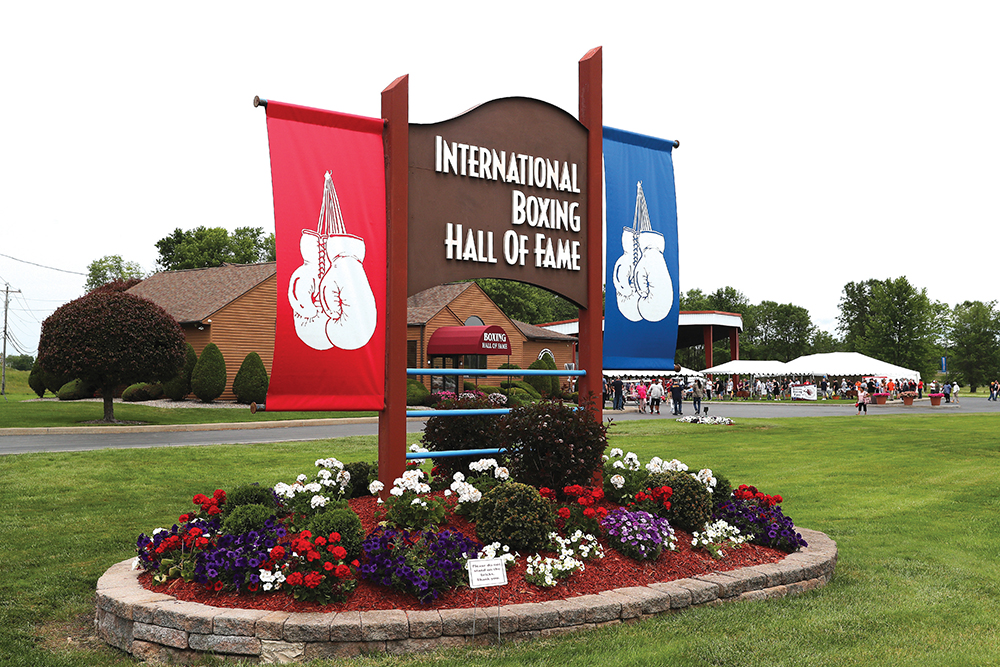Friday, June 7: I awakened at 7 a.m., five hours after switching off the lights, and, thankfully, I felt no ill effects from last night’s bowling – at least physically.
The state of my pride, however, was another story, for my scores were far below normal (110, 138 and 101, a far cry from the 165 average I carried in my final year of league bowling a decade ago). In retrospect, I suppose that was to be expected given my age (59), the fact that I’ve rarely bowled over the past year, and that I was competing on unfamiliar lanes whose oil pattern was difficult for everyone to solve. I simply lacked the sharpness or the ability to fully execute my brain’s recommendations.

While I was able to hit my intended target on the lane most of the time, my balance was off, my speed was inconsistent and, by Game Three, my acuity and energy were eroded. I suspect that on a much more violent scale and in a much more serious way physically and cognitively, fighters experience similar dullness due to chronology, ring rust and the youth of their opponents. Unfortunately, the consequences they suffer are far more dire and are often permanent.
I am able to wake up with my brain cells fully intact, but the same can’t be said for the pugilistic warriors that we honor. My awareness of the damage fighters suffer has heightened with each passing year, and that has been a fairly common topic on “In This Corner: The Podcast,” which can be seen here . Host James “Smitty” Smith has been p.
















